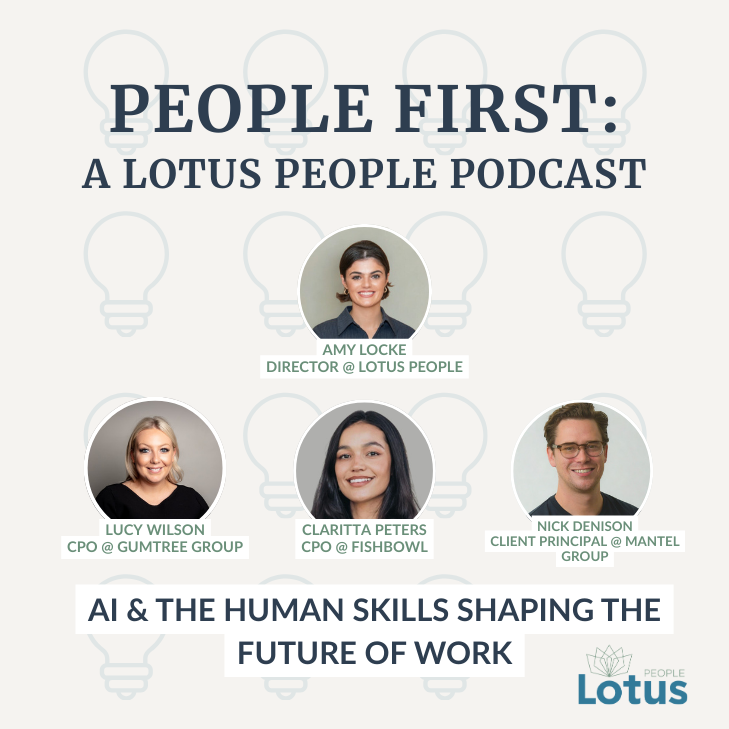At some point in our careers, be it from interviews or on the job, we will receive feedback, but not all feedback is created equal. Some feedback can be delivered in the wrong way, which makes us get our backs up, become defensive and most importantly, take nothing away from the situation. Feedback should always be constructive so that there is a learning outcome from the situation. Below is a list of the ways that you can help make the feedback you give be the most helpful it can be.
1: Be specific
Commonly managers will tell their employees what they need to do to be better, but not the why. For example, telling an employee that they need to get better at being on time presumes they know why they must be on time. Also offering solutions on how they can improve so they aren’t left feeling lost trying to figure out how they can improve on their own.
When giving feedback follow the “what, why, how” format.
2: Talk about a situation and not the person
Feedback by its nature can often come across as a personal attack when it so often isn’t. When giving feedback talk to the person about a specific situation, for example asking someone why it took so long to complete a task rather than telling them they are slow in general. This will enable you to probe more into the situation and find out more, like training gaps for example.
3: Praise where praise is due
Getting negative feedback can often demotivate employees, when often they are great at their jobs. When giving negative feedback re-motivate and empower your employee by telling them what they are good at so that they know it’s not their overall performance that is being criticised.
4: Be informal, but be direct
When giving feedback on a situation that has occurred, its often not a situation that involves giving a warning, so to differentiate the feedback be in an informal setting. Avoid giving feedback over the phone or via email as often the message can be misconstrued. Find a quite space and have an honest chat. At the same time, don’t be too informal where the situation hasn’t been taken seriously.
5: Listen
When giving feedback make sure that you give your employee the chance to respond, tell their story or offer more light onto the situation. Listen to their concerns and reasoning as they may have interpreted the situation differently to you. This also gives the employee a chance to play a part in the solution.
6: Don’t wait too long
Feedback should be given soon after the situation rather than waiting days/ weeks/ months after the fact. This ensures the situation is fresh in everyone’s memory.
If the situation has made you angry I recommend delaying giving the feedback so that the feedback isn’t clouded by your emotions. Remember to cool down before having the conversation.
Feedback is important to all of our personal and professional lives, without it we cannot improve or succeed, but the feedback we give must be constructive. Feedback is one of the most powerful developmental tools in our arsenal, as long as it used correctly.
Remember not all feedback is negative, some can be positive, and people thrive off positive reinforcement. So, if your team are performing well tell them!
You may also like...





